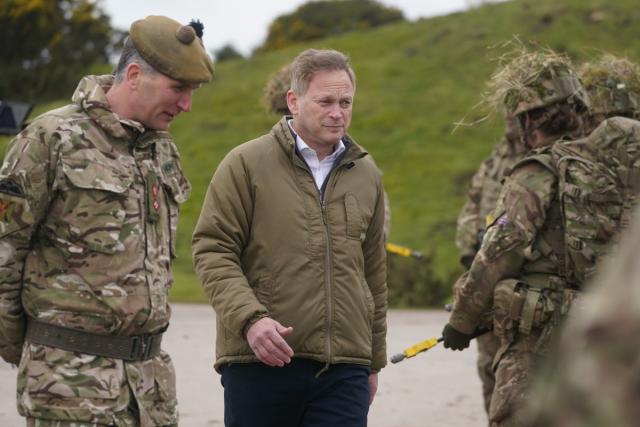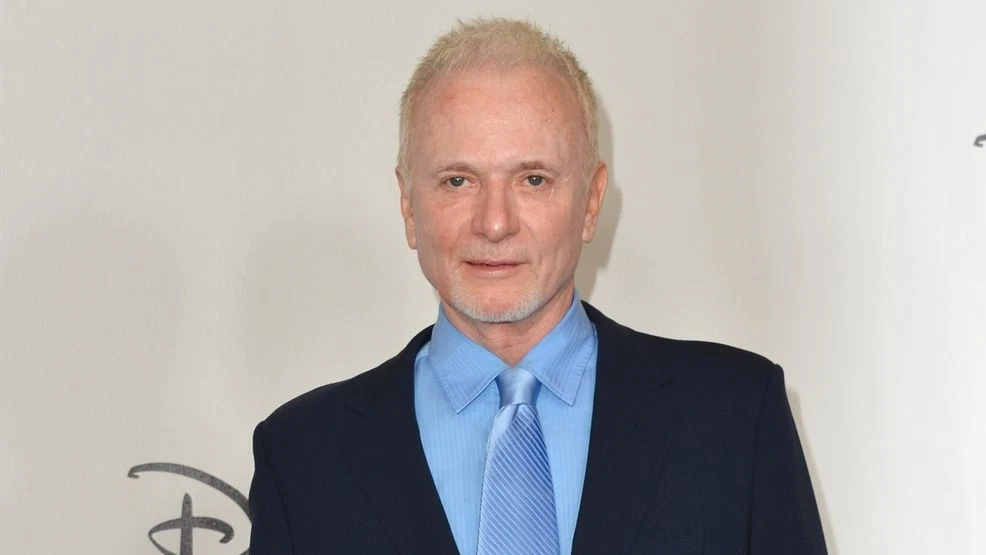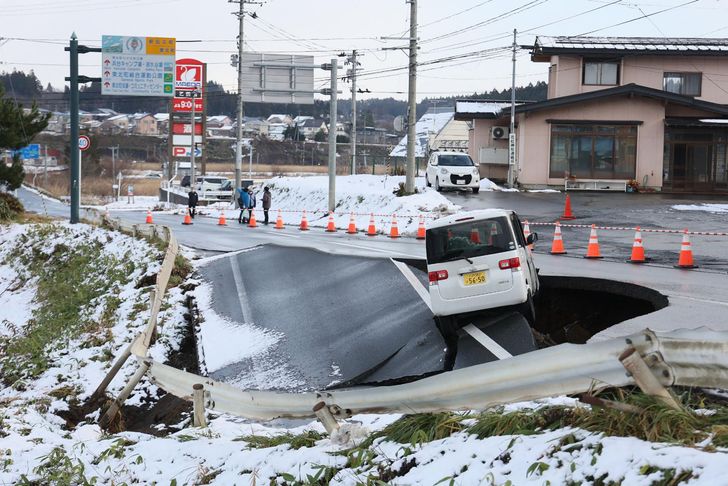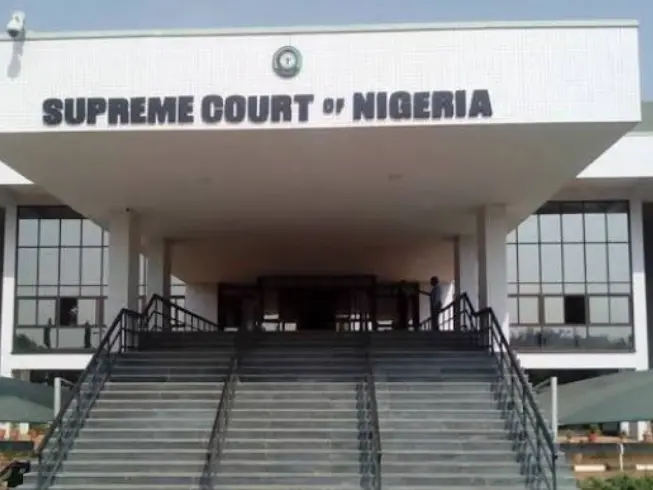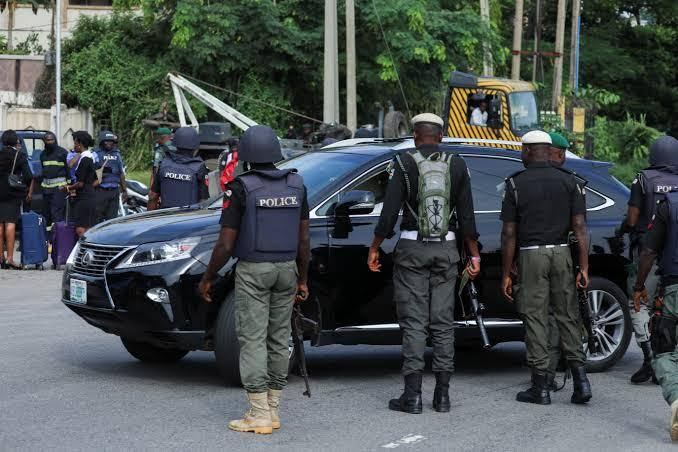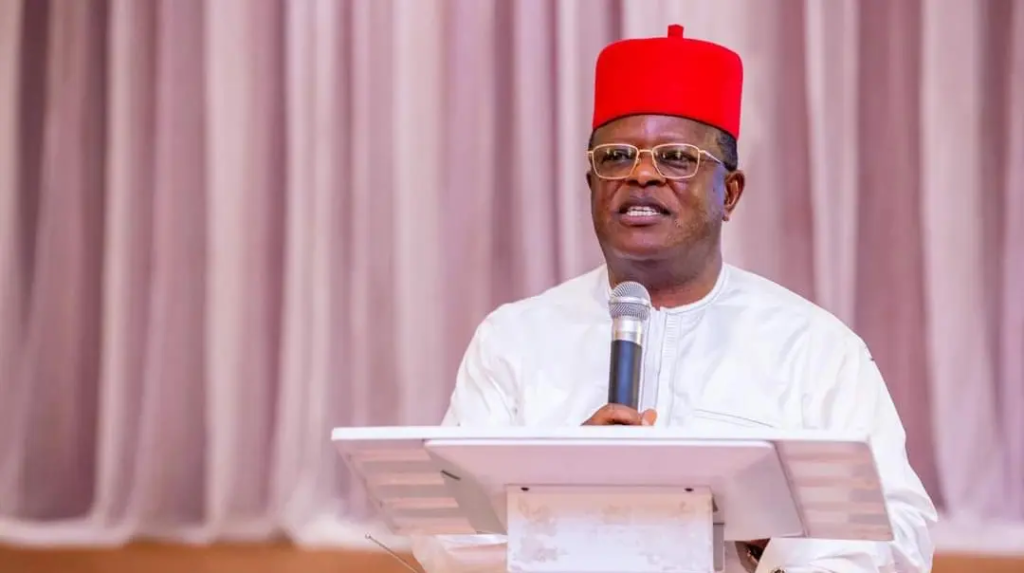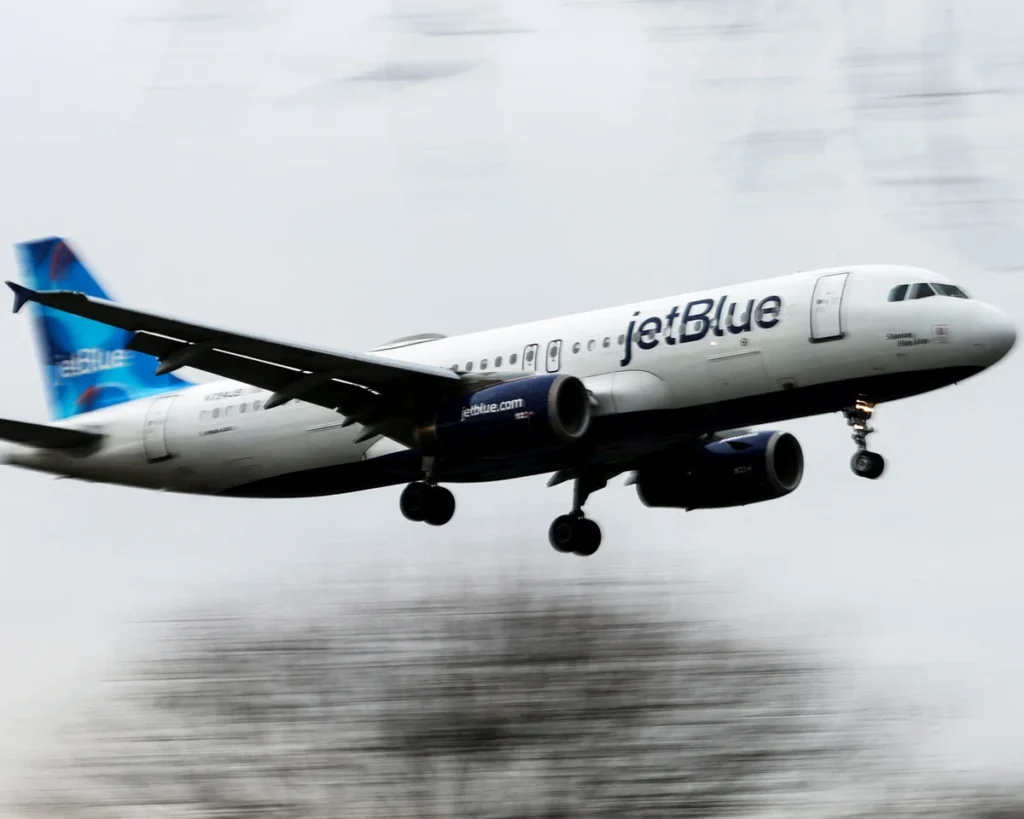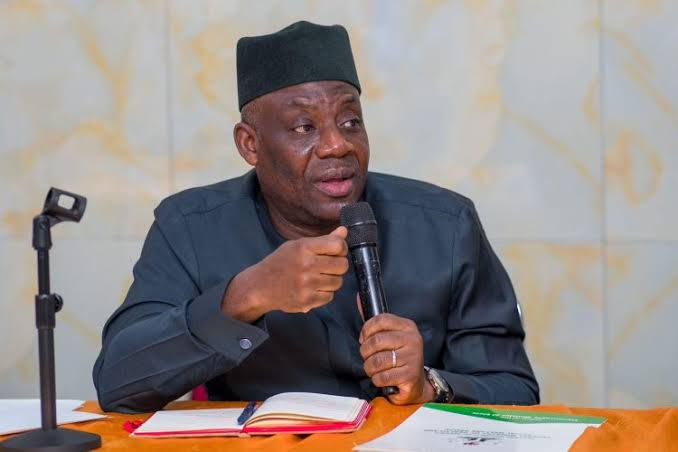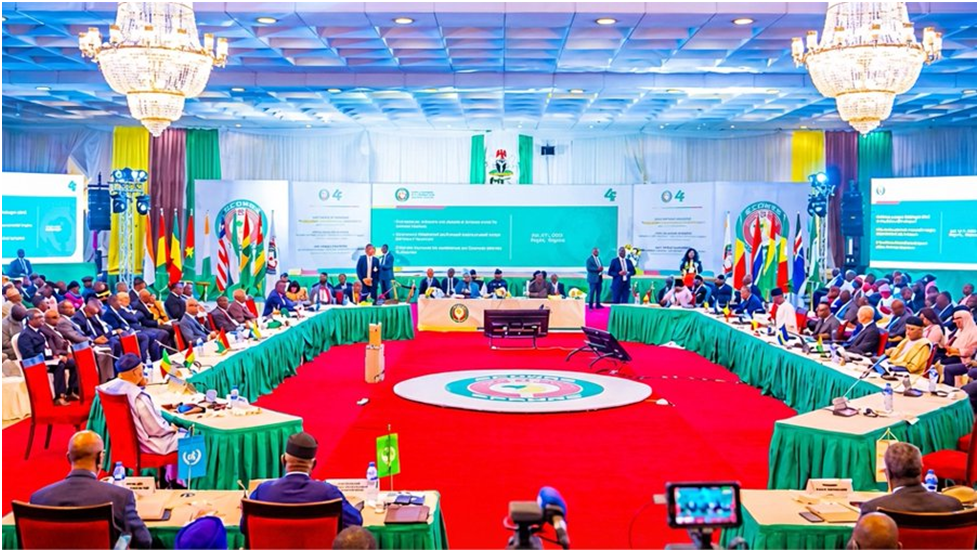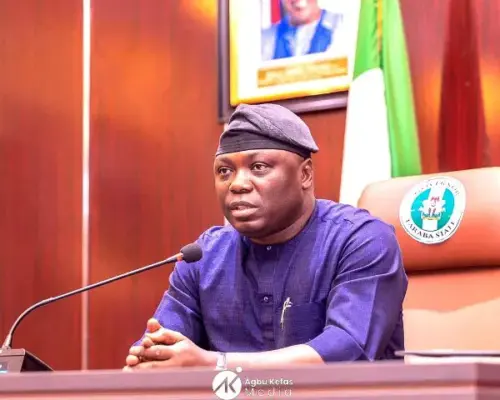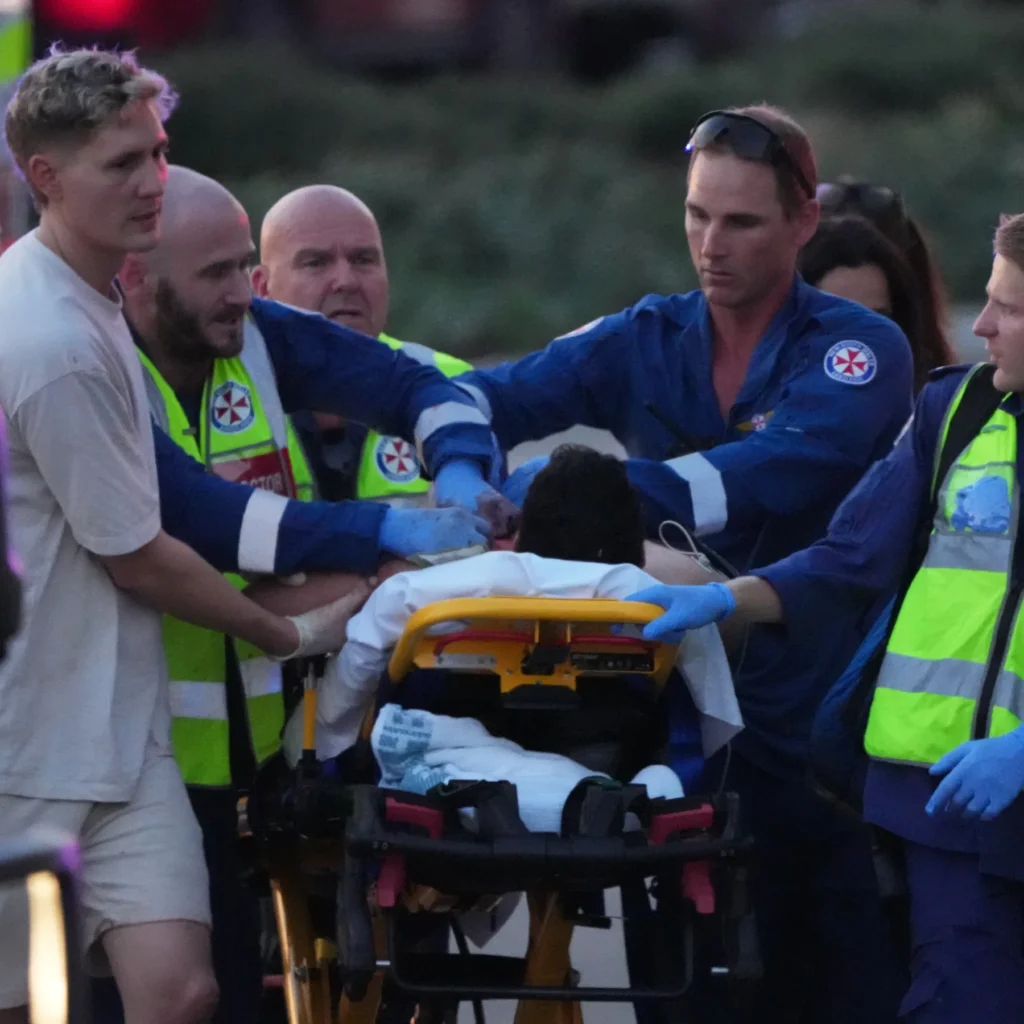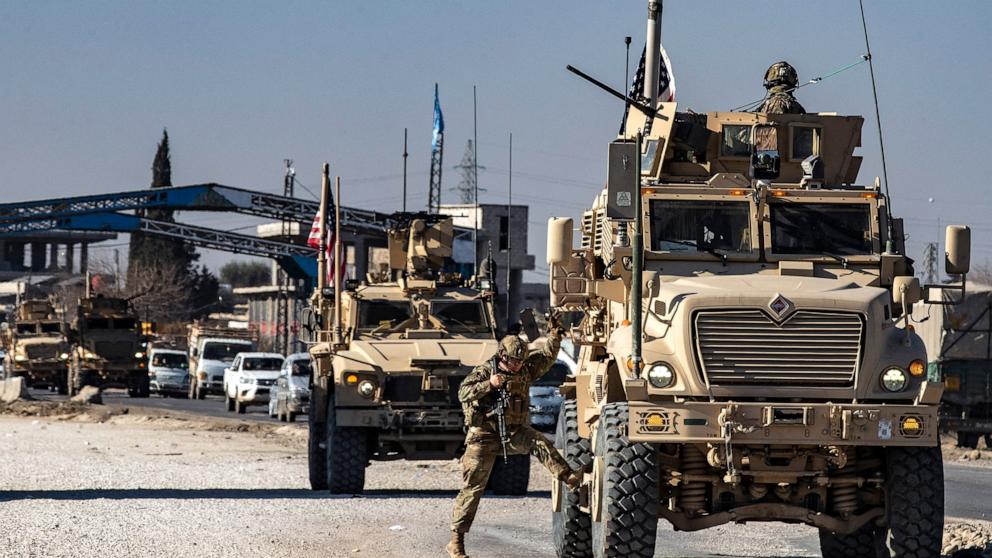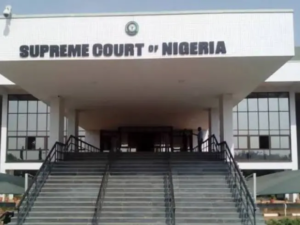Grant Shapps had to cancel his planned trip to southern Ukraine last week due to “security reasons,” as announced by the UK defence ministry.
The defence secretary was set to visit Odesa but had to abandon the plan after UK intelligence indicated that Russia had become aware of his travel arrangements.
The cancellation came on the heels of a missile strike hitting Odesa, claiming the lives of five people, while Ukrainian President Volodymyr Zelensky and Greek Prime Minister were present in the city.
Accompanied by Adm Sir Tony Radakin, chief of the defence staff, and a small team of British officials, Mr Shapps had traveled from Poland to Ukraine on an overnight train. Their objective was to meet with President Zelensky and other key figures in the Ukrainian government.
However, upon arriving in Kyiv on March 7, the decision was made to abruptly cancel the onward journey to Odesa due to concerns over Mr Shapps’s safety. Intelligence updates, as reported by the Sunday Times, revealed that the Kremlin was aware of the planned visit, leading to its cancellation.
The threat level to Mr. Shapps’s safety was escalated from substantial to critical following the missile strike in Odesa the previous day, according to reports.
“Putin has shown himself to be reckless, ruthless, and careless,” Mr. Shapps stated to the newspaper.
“The fact that he came perilously close to essentially assassinating two Western leaders, it doesn’t matter whether that is deliberate or accidental.
“What the hell is he doing, and why the heck would the West allow him to do that kind of thing?”
A Ministry of Defence spokesperson stated: “During a recent trip to Ukraine, the defence secretary did not proceed with a planned visit to Odesa due to security reasons.
“The UK remains firmly committed to supporting Ukraine, and the defence secretary’s visit and engagements underscored the importance of this support in the face of Putin’s aggression.”
Earlier this week, it was revealed that an RAF plane transporting Mr. Shapps between the UK and Poland experienced GPS signal interference while flying near Russian territory.
Mr. Shapps’s remarks coincide with the Latvian foreign minister’s urging for the UK and other NATO countries to contemplate conscription as a deterrent against Russia.
In January, Latvia, which shares a border with Russia, reinstated conscription, mandating military service for men aged between 18 and 27, requiring them to serve for 11 months to bolster its armed forces.
When questioned by the Sunday Telegraph about whether the UK and other nations should adopt Latvia’s approach, Krisjanis Karins expressed, “we would strongly recommend this.”

